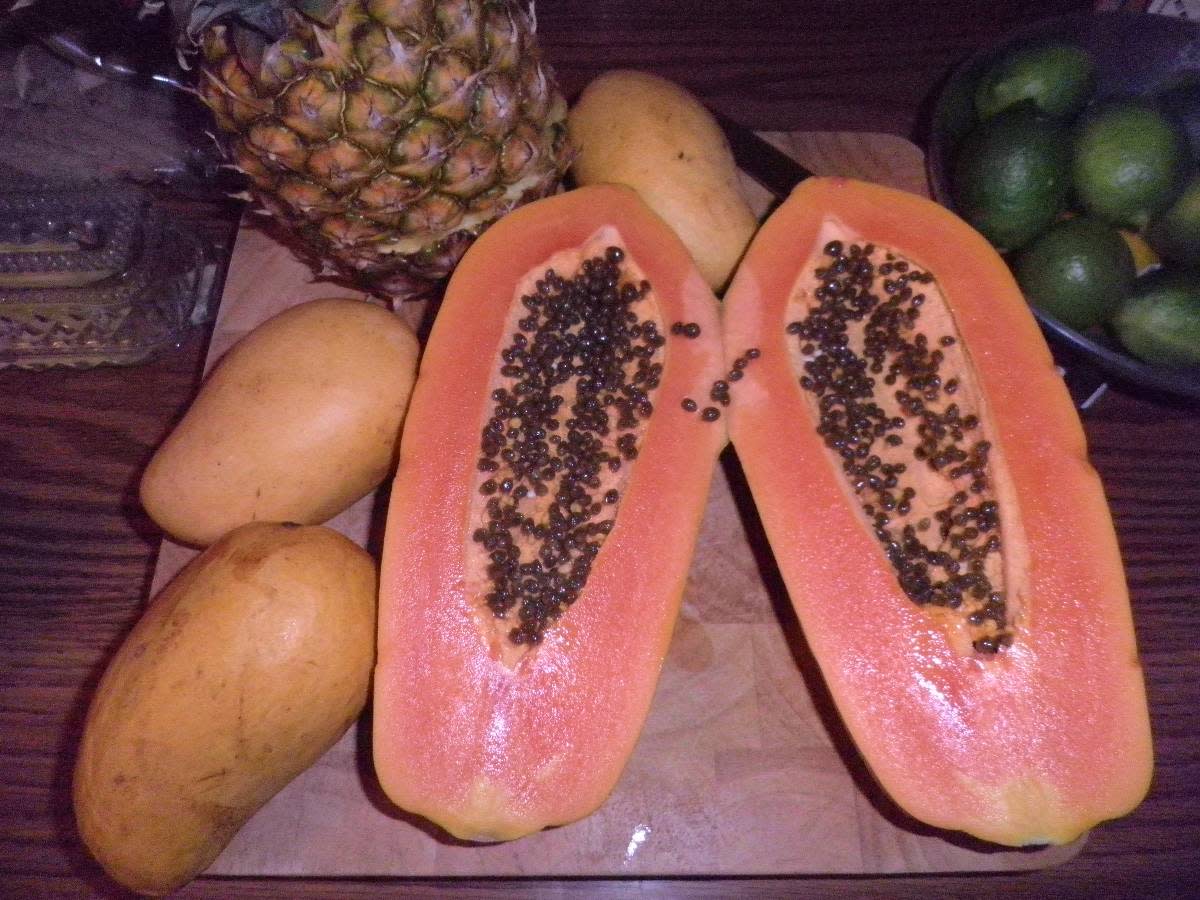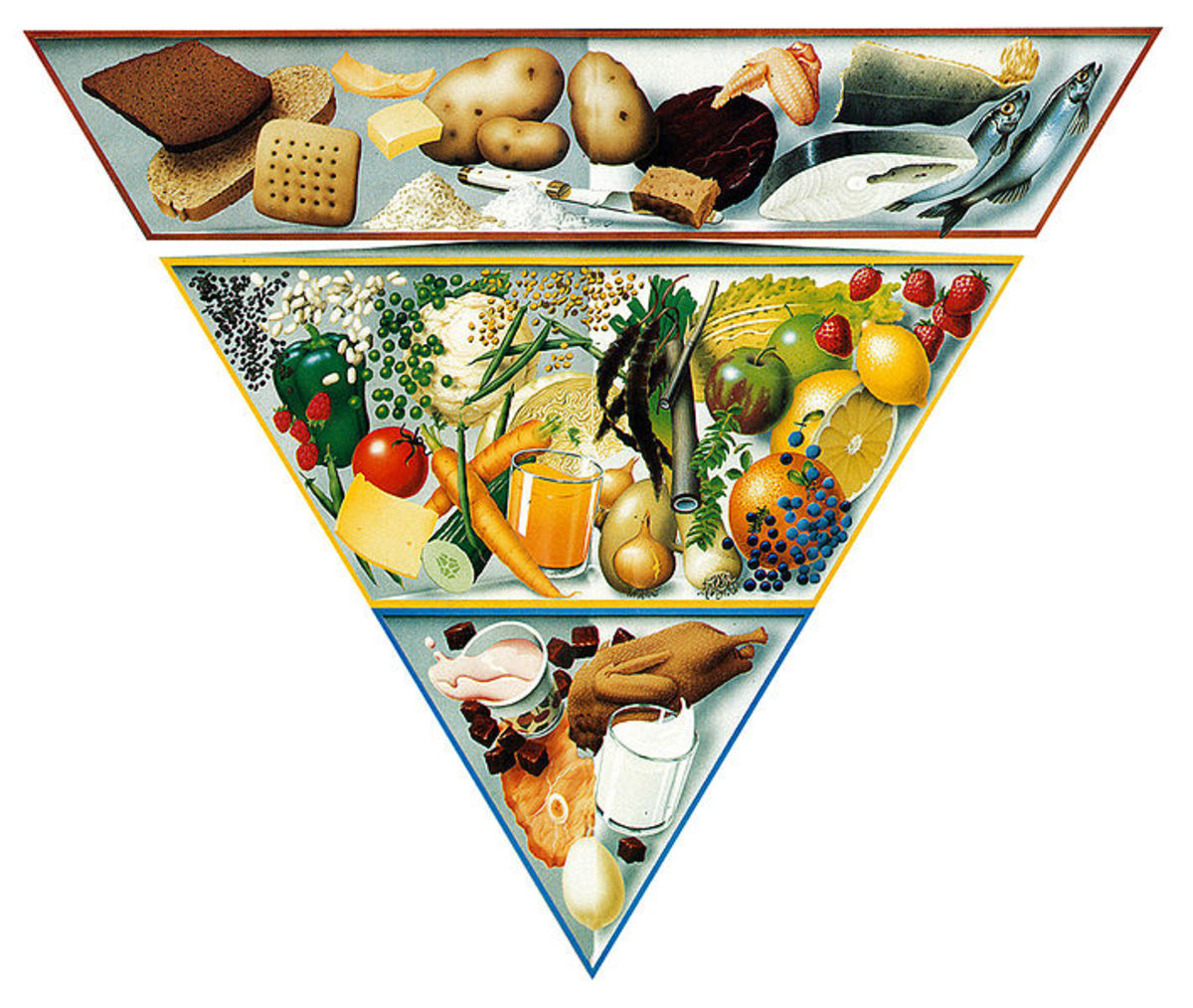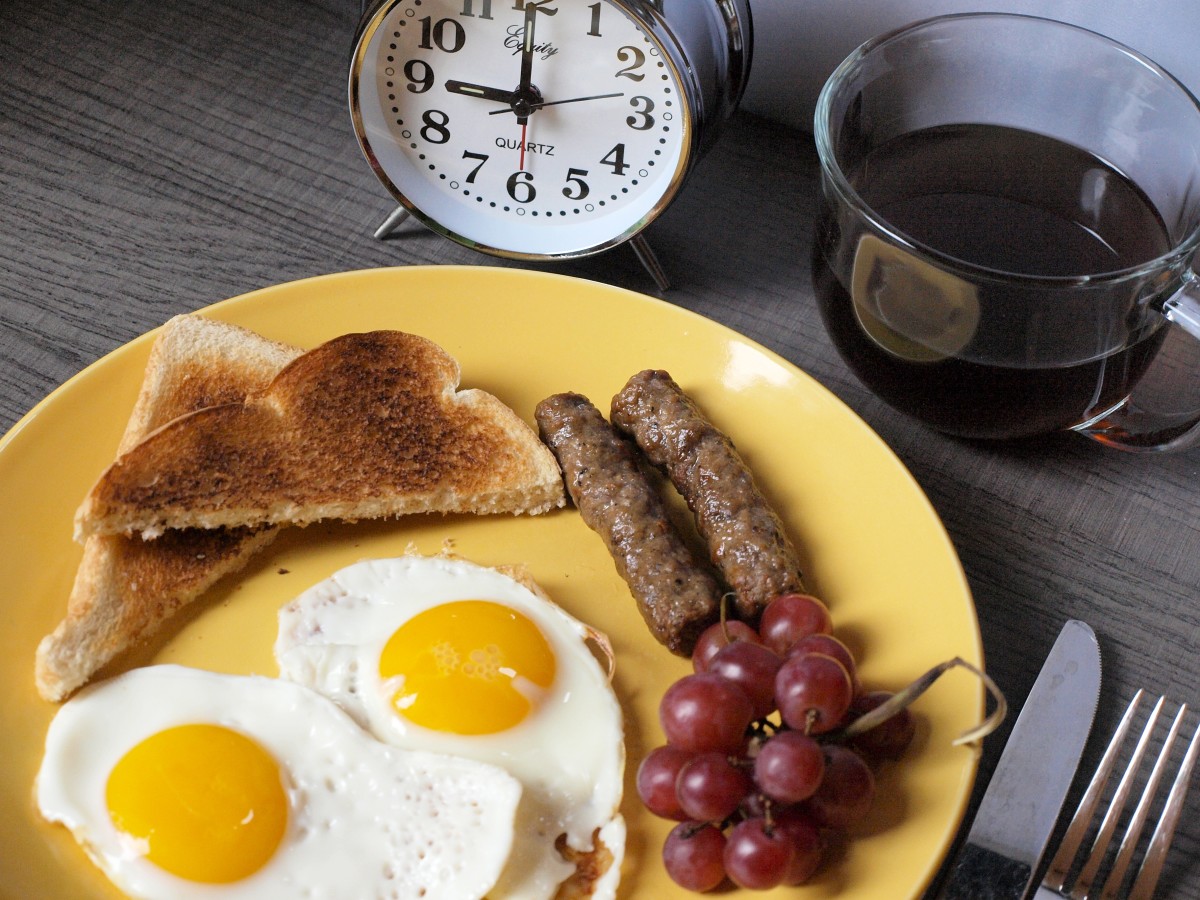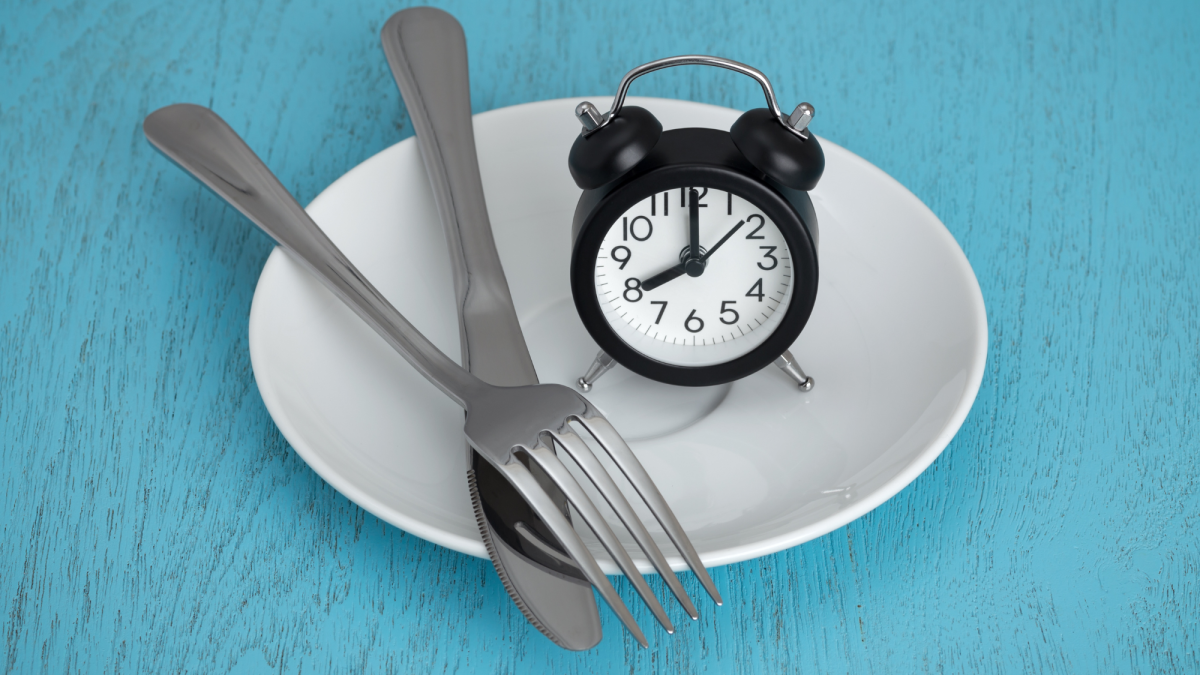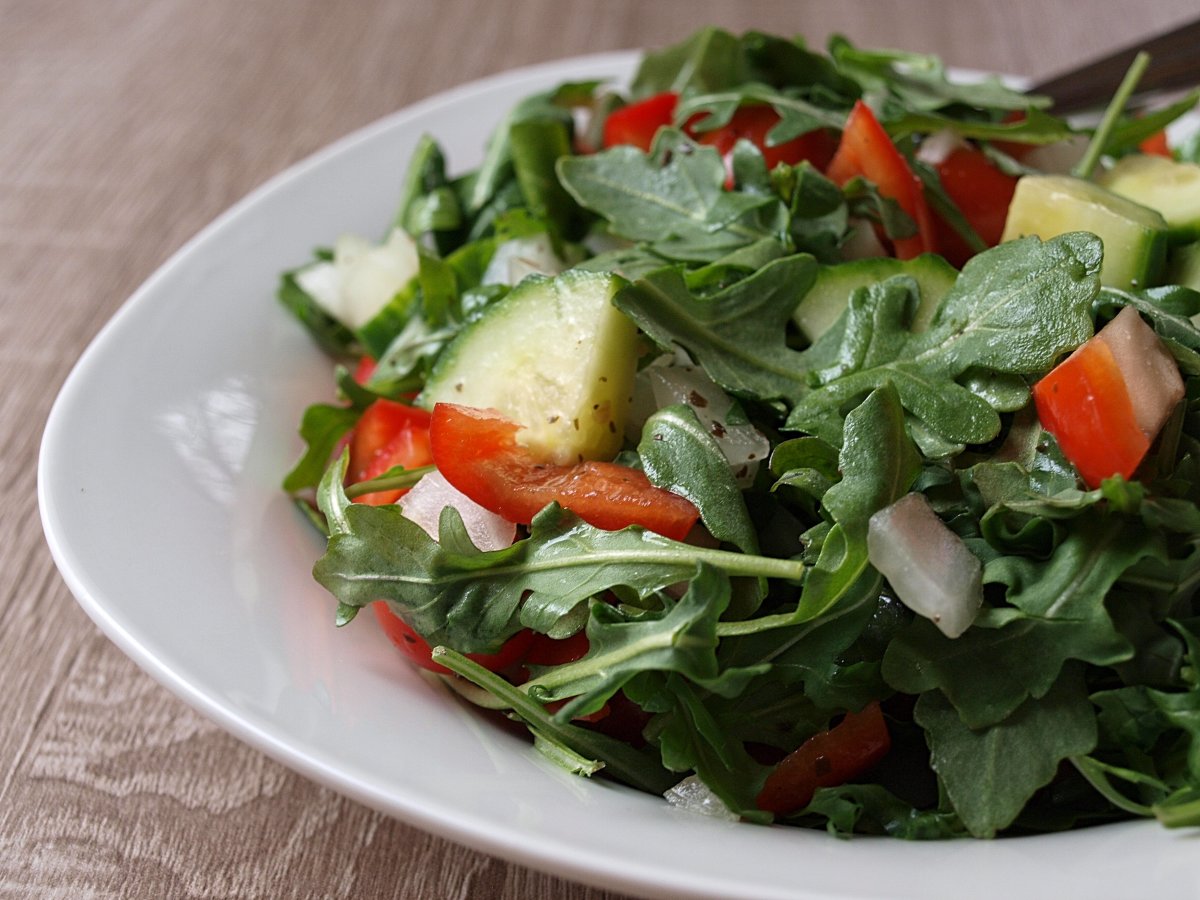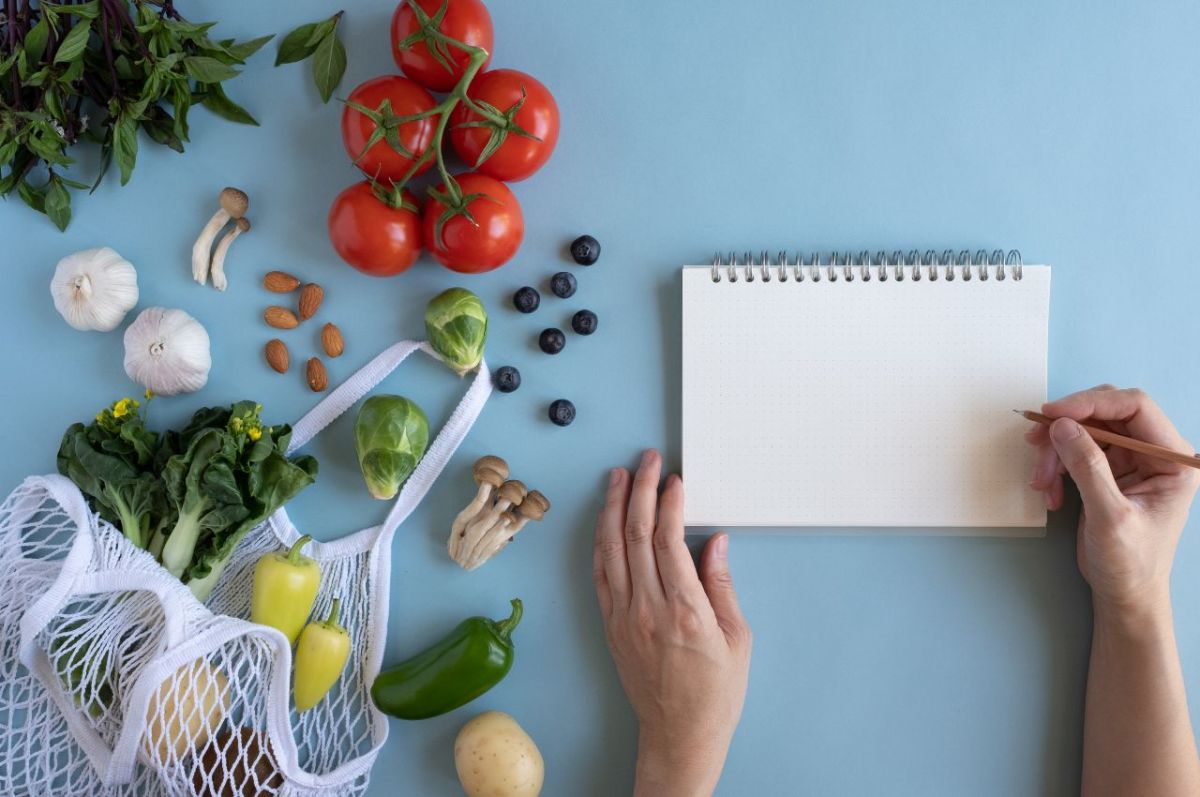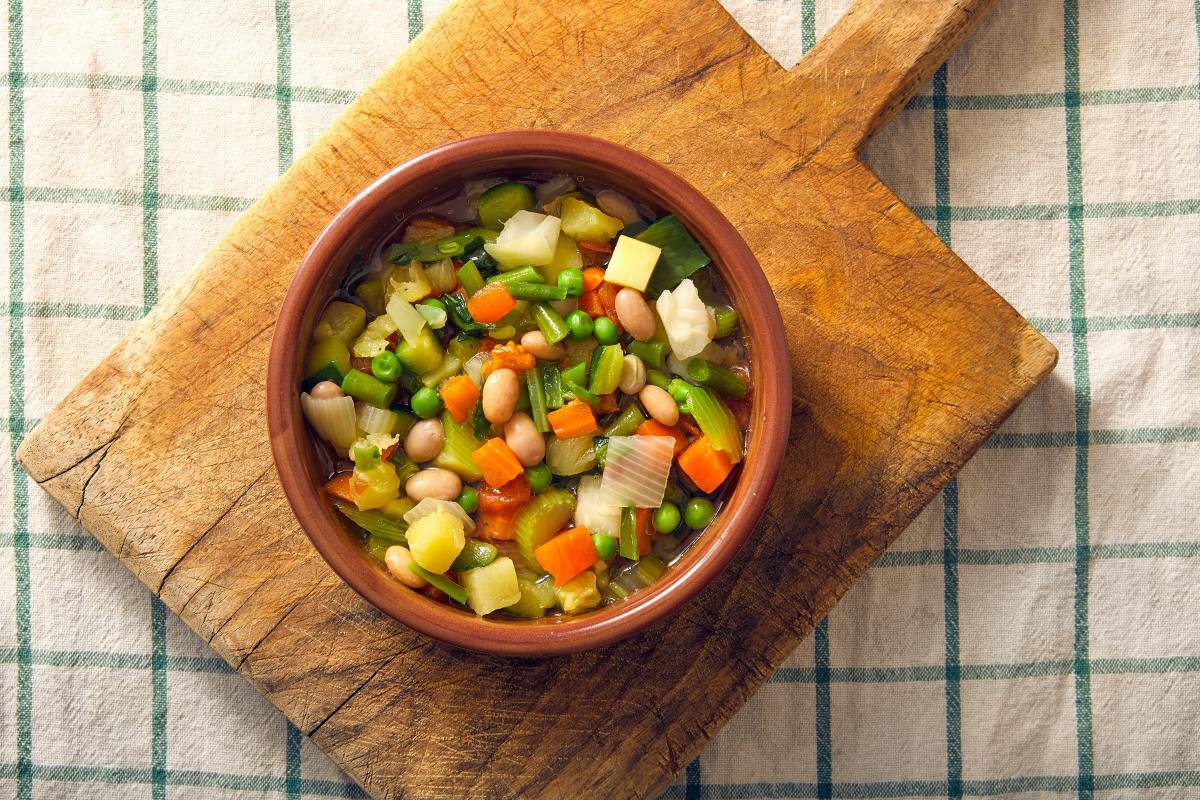Healthy Way of Fasting During the Holy Ramadan Month
Introduction
It is an age-old tradition for the Muslim people to keep fast in Ramadan month in their calendar. There are some psychological reasons behind it that lead them to this type of ritual. First of all their major motto to have fast in Ramadan is to build self-restraint and self-discipline. The create consciousness of God and also the self-control by purifying their own body. It is also a way for them to bring inner peace and empathize with the poor. They do it only for their purpose of life and even generally it helps a lot to improve their health conditions.
Benefits of Fasting
We go through a lot of health problems related to our digestive system and a day of fasting can improve the whole system in our body.
- It will affect our bowel movement which will be a great way of keeping ourselves fit and healthy all the time.
- It decreases the craving for food even without hunger.
- We will also be able to control our frequency of drinking coffee and tea.
- Gradually it will improve our health and give us a better life and better thinking.
So it is a scientific and relevant practice among the Muslims to have a fast in Ramadan.
What to Eat in Pre Dawn Meal (Suhoor) ?
The first and the most important thing is not to skip suhur, because it gives three fourth of the energy. We need to eat a healthy and balanced meal at this time. Try to reduce simple sugars and include complex carbohydrates like whole grains and salads. So that it will be digested very slowly and keep you hunger-free till the dusk. And try to reduce salt intake too, because it can make you thirsty.
What to Have in Iftaar (Meals eaten after sunset) ?
Try to make nutrient-dense food and don’t overlook for quantity. To maintain hydration enough water should be consumed like plain water, clear broths. fruit juices etc. To make your body cool include foods like cucumber, pineapple, oranges, and melons. Try to avoid fried, spicy and salty foods during this time which may lead to bloating, leaving you feeling uncomfortable as you make your prayers.
Achieving Weight Loss During Ramadan
Let us benefit from Ramadan to achieve weight loss goals. It is important to start with small and achievable goals for the month.commit to take small but vital changes in your life –whether in your food choices, physical activity, or other aspects of your personal life. For example, aim to lose 2-3 during the month. It has been proven that a weight loss of.5-1 kg per week is a healthy and achievable weight loss target for healthy individuals.
Find out what type of physical activity is best for you.
Talk to your doctor and healthcare team if you suffer from any diseases, conditions, or injuries before starting any physical exercise regimen.
Set a plan to get about 30 minutes of exercise on most days.Slot a particular time in your daily schedule to exercise and stick to it.
Dietary Guidelines in Fasting
- Limit fat, especially saturated and trans fat instead of this try using olive oil or groundnut oil in recipes and for sautéing.
- Avoid deep-frying and try baking with little oil. They may taste different from what you are used to at the beginning but they taste crunchier.
- Select lean cuts of beef and lamb when shopping. Remove all visible fat from meat before cooking. Remember to take the skin off chicken before eating it.
- Try different varieties of fish and different ways of cooking like baking, grilling, or poaching.
- Make a salad dressing with olive, lemon juice or vinegar.
- Eat whole grains. Good choices include brown rice, oats whole wheat, etc
- Reduce the amount of sugar in the recipes. It can often be cut into half.
- Choose fresh vegetables and fruits and have them with peels or skins as often as possible. These are very rich in fiber content. High fiber intake reduces bad cholesterol and increases the good cholesterol in your blood.
- Substitute desserts and sweets with fresh whole fruits and dried fruits.
- Drink plenty of water. Replace carbonated and sugary drinks with water, low-fat milk, buttermilk, and vegetable broths.
Three Day Sample Diet Plan
Suhoor
| Iftar
| Bedtime
|
|---|---|---|
Chappathy- 3 no; Dal fry-1/2 cup Tomato salad-1/2 cup Mlk-200 ml
| Vegetable pulao-1 ½ cup Chicken curry -75 gm Vegetable raitha – ½ cup
| Milk - 200 ml
|
Dosa – 3 no: Channa masala – 1 cup Pineapple panaconda -200 ml
| Appam – 3 no Chicken stew – 1 cup Vegetable and beans salad-1/2 cup
| Milk - 200 ml
|
Idiyappam – 3 no: Egg roast – 1 cup Sliced banana- 3 to 4 no Tender coconut water-200 ml
| Ghee rice- 1 ½ cup Dal fry-1/2 cup Onion raitha-1/2 cup
| Milk - 200 ml
|
The above sample diet plan can be taken for reference.

